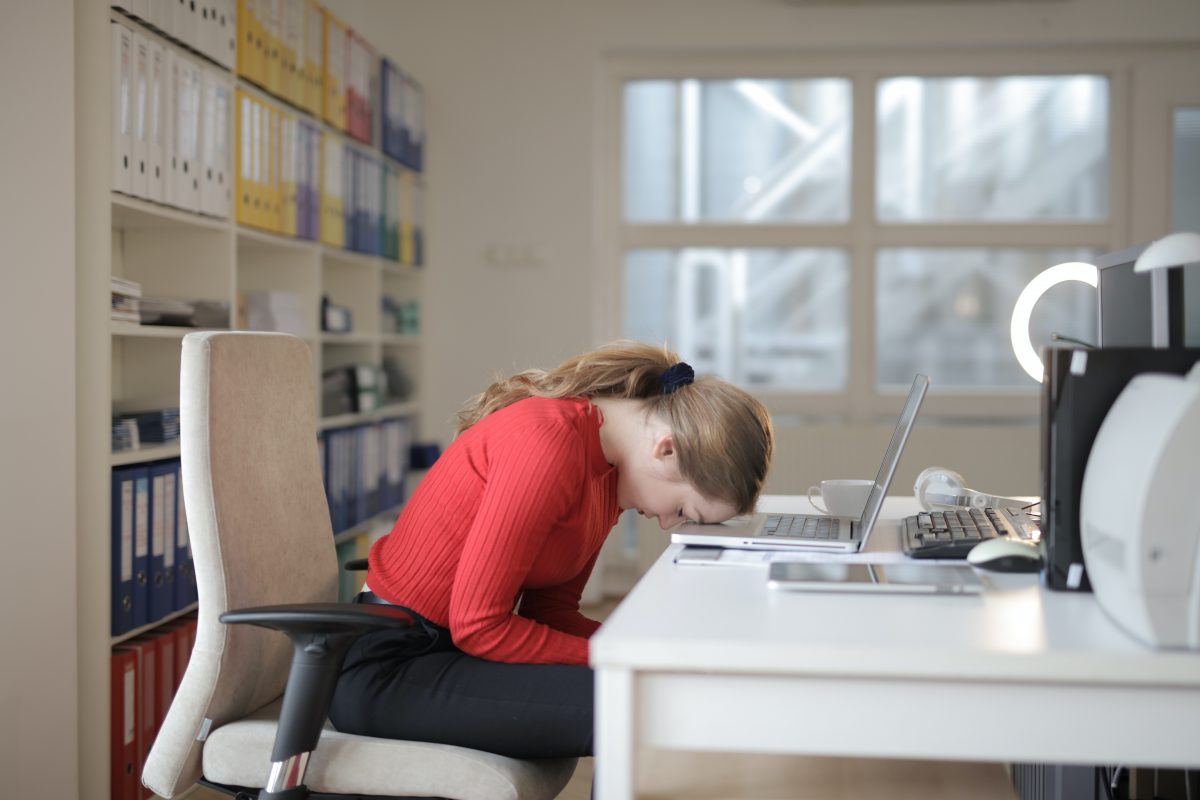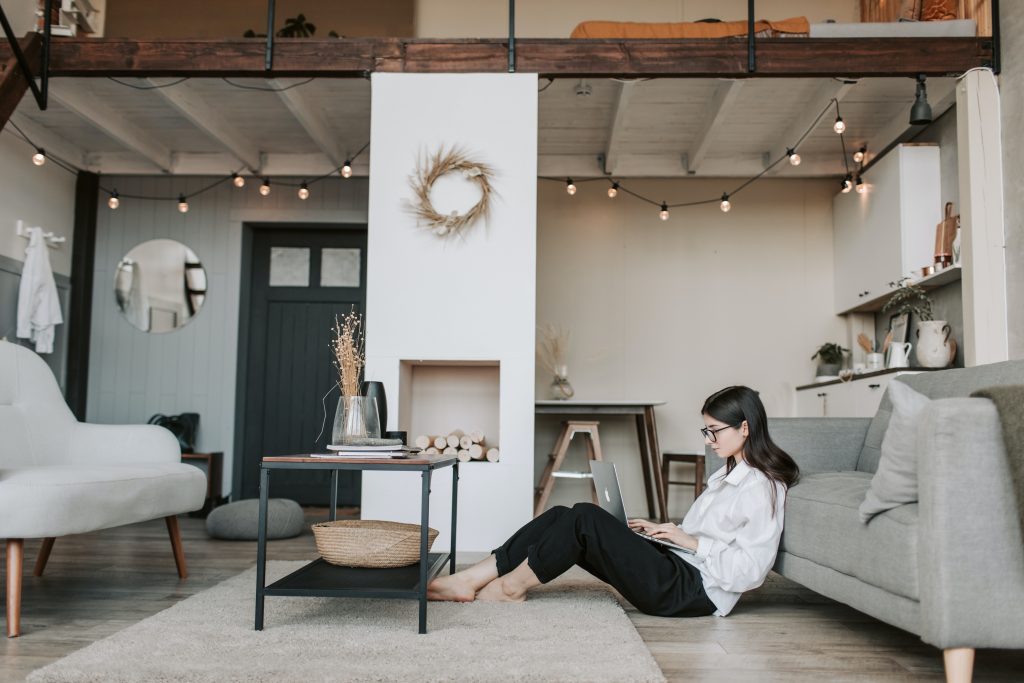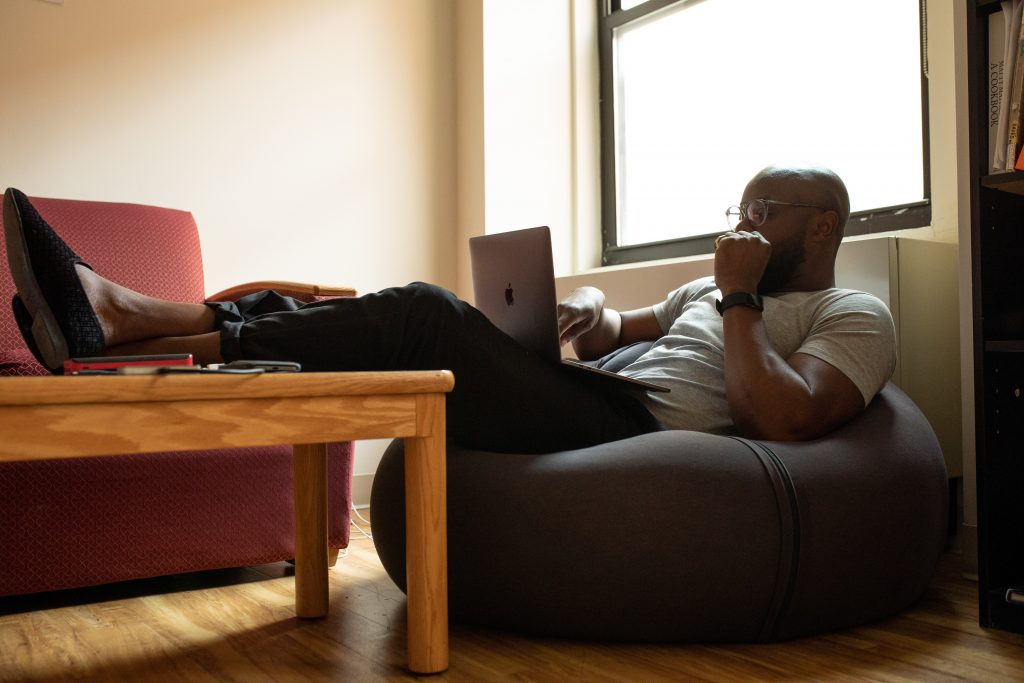A person’s body image can either be positive or negative, or a mix of both. The importance of body image can affect many aspects of life.

What is Body Image?
Everyone has a body image, whether positive or negative. But what exactly is body image and how does it affect our daily lives? According to Psychology Today, “body image is the mental representation an individual creates of themselves, but it may or may not bear any relation to how one actually appears. Body image is subject to all kinds of distortions from the attitudes of one’s parents, other early experiences, internal elements like emotions or moods, and other factors” (Retrieved from psychologytoday.com). The concept of body image has been a large part of humanity all throughout history, with outside factors and trends shaping how an individual sees him or herself in relation to others.
Positive Body Image
Body image can be positive or negative. A positive body image involves looking at oneself as having value regardless of physical appearance. Medical News Today breaks it down below.
“Having a positive body image includes:
- Accepting and appreciating the whole of one’s body, including how it looks and what it can do
- Having a broad concept of beauty
- Having a body image that is stable
- Having inner positivity” (Retrieved from medicalnewstoday.com)
The ability to see oneself with acceptance and appreciation is at the forefront of a positive body image and can be foundational in having a strong sense of self worth and success in life that goes far beyond outward appearance. With a strong sense of self worth, a person can have the confidence to try new things, obtain further education or take a step into the unknown without the fear of failure.
Negative Body Image
A negative body image, on the other hand, can truly affect many aspects of life that go far beyond looks. Medical News Today reports that someone who suffers from body image could experience any of the following:
- Comparing themselves to others and feeling inadequate when they do
- Feelings of shame or embarrassment
- Lack of confidence
- Feeling uncomfortable or awkward in their body
- See parts of their body, such as their nose, in a distorted way (Retrieved from medicalnewstoday.com)
These negative feelings associated with body image can truly hinder someone in many aspects of their life, and can also lead to more serious conditions or disorders. Although a negative body image tends to be more prevalent among women, many men also suffer from negative body image. Since women tend to be more willing to be open and share feelings in general, many men may remain quiet about their feelings of inadequacy and fear sharing these feelings with others or seeking help.
Outside Influences
Social media has also influenced body image in recent years, as images of supermodels or other attractive people are bombarding news feeds and can affect a person’s view of beauty or how they think they should look. However, this is not a new concept—even before the birth of the internet and social media the influence of community perception of beauty has had an effect on personal self-worth. Humanity has always had an awareness of beauty and physical looks and what goes along with it. In past eras, carrying extra weight was associated with wealth, and as such being heavy set, or carrying extra weight was more desirable. In our current society, having a small frame and being associated as “skinny” is trendy and thus more desirable. With society and trends directing what is seen as beautiful, it can affect a person’s body image when he or she doesn’t fit that mold.
Other Disorders
When a negative self-image permeates a person’s thinking, the results can be far reaching. It can even lead to deeper, more serious disorders. Healthline explains that, “People who are extremely dissatisfied with the way their bodies look have a greater risk of developing:
- mood disorders
- body dysmorphic disorder
- disordered eating
- muscle dysmorphia
- lower self-esteem
- relationship problems
- self-harm tendencies
Also, people with social anxiety disorder, generalized anxiety disorder, obsessive-compulsive disorder, and major depressive disorder may have a distorted, negative body image” (Retrieved from Healthline.com). With many of the above disorders having potential long term, serious side effects, it is important to recognize areas of negative body image addressing them.
How To Improve Body Image
There are a number of ways to work on improving body image; ranging from small, simple at home tips to therapy or medications. Here are some options that can help with turning a negative body image into a positive one:
- Create lists of multiple positive body attributes
- Redefine beauty in a less superficial way
- Choose to be surrounded by positive, uplifting people
- Writing down negative self thoughts and consciously changing them to positive
- Volunteering or performing activities that help others
- Taking a break or minimizing time on social media
- Finding activities that move the body and can help with awareness of what the body can do, not just what it looks like. (Retrieved from: Healthline.com)
If some of the above exercises aren’t working after some time of practicing, it may be necessary to explore other options and seek professional help. Many psychologists and psychiatrists have techniques that can improve body image, as well as the option to prescribe medication if necessary to work on some underlying causes or roots of negative body image. It is possible to improve body image and to be able to see the positive attributes that the body offers, much beyond superficial appearance or body size.









